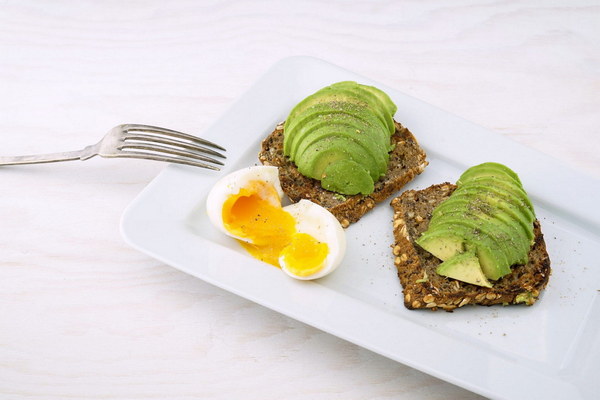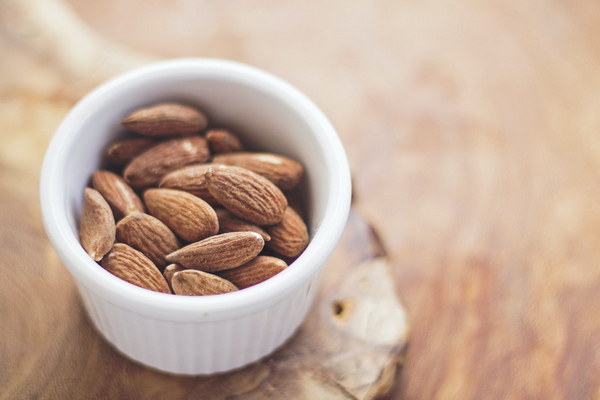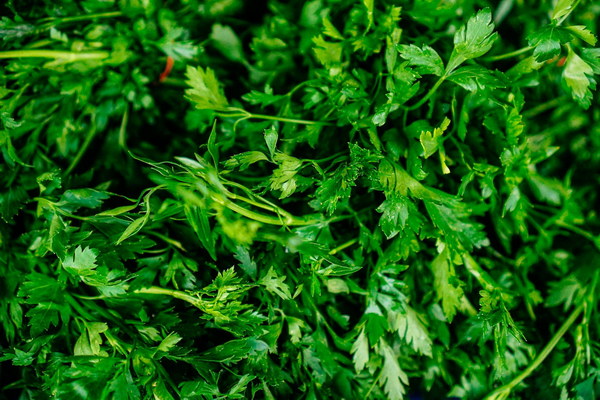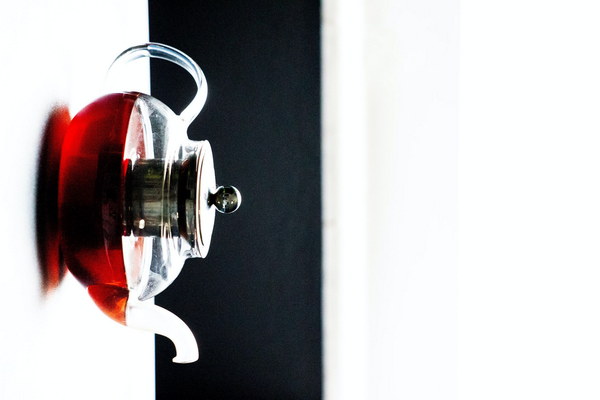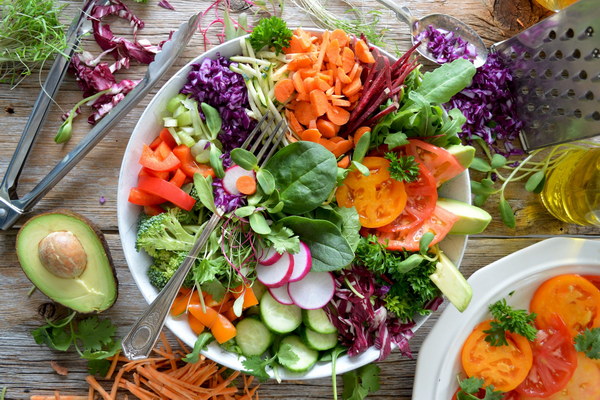The Art of Liver and Spleen Support Exploring Traditional Chinese Herbs for Health
In the realm of traditional Chinese medicine (TCM), the liver, spleen, and digestive system are integral to overall health and well-being. The ancient wisdom of TCM teaches that maintaining the balance and harmony of these organs can lead to a strong immune system, robust digestion, and overall vitality. This article delves into the fascinating world of Chinese herbs that are renowned for their liver and spleen supporting properties.
The Liver: Guardian of Emotions and Metabolism
The liver in TCM is often referred to as the storehouse of qi and plays a crucial role in the flow of energy (qi) throughout the body. It is also responsible for the storage of blood and the regulation of emotions. When the liver is out of balance, one may experience irritability, anxiety, or even physical symptoms such as bloating, pain in the sides, or menstrual irregularities.
Herbs for Liver Support:
1. Bupleurum (Chai Hu): Known for its ability to drain heat and move qi, bupleurum is often used to treat liver Qi stagnation, which can manifest as emotional stress, irritability, and abdominal pain.
2. Scutellaria (Huang Qin): This herb is renowned for its anti-inflammatory and anti-viral properties. It is used to clear heat from the liver and can be beneficial for those with liver-related issues like jaundice or hepatitis.
3. Peony (Shao Yao): Peony is commonly used to nourish the liver blood and relieve pain, making it a useful herb for conditions such as menstrual cramps and liver-related pain.
The Spleen: Master of Digestion and Blood Formation
The spleen in TCM is responsible for transforming the nutrients from the food we eat into qi and blood, which are essential for the body's energy and health. Spleen issues can lead to fatigue, bloating, diarrhea, and weakness.
Herbs for Spleen Support:
1. Astragalus (Huang Qi): Known for its immune-boosting properties, astragalus is used to strengthen the spleen and improve digestion. It is often combined with other herbs for a synergistic effect.
2. Codonopsis (Dang Shen): This herb is a staple in TCM for its ability to replenish the qi and nourish the spleen. It is used to treat fatigue, weakness, and poor appetite.
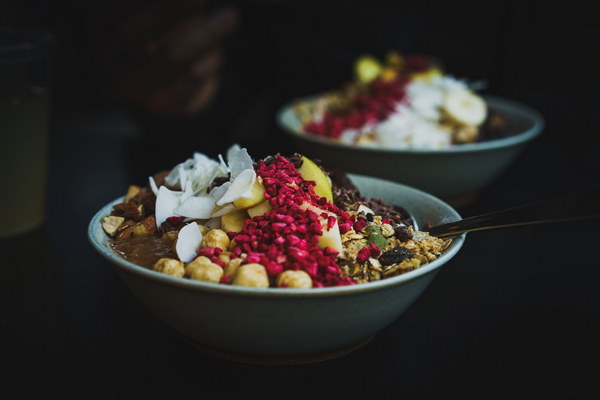
3. Poria (Fu Ling): Poria is a moisture-absorbing herb that helps to drain dampness and strengthen the spleen. It is often included in formulas to aid in digestion and alleviate bloating.
Combining Herbs for Comprehensive Support
In TCM, the liver and spleen are often treated together because their functions are interconnected. A common formula that supports both organs is the Si Miao Wan (Four Seas Pill), which includes herbs like bupleurum, peony, and codonopsis. This formula is used to nourish the liver, drain heat, and strengthen the spleen.
Precautions and Considerations
While Chinese herbs can be a powerful tool for supporting liver and spleen health, it is important to consult with a qualified TCM practitioner before starting any herbal regimen. Some herbs can interact with medications or have contraindications, and an experienced practitioner can tailor a treatment plan to an individual's specific needs.
Conclusion
The practice of TCM offers a rich tapestry of natural remedies for liver and spleen health. By understanding the properties of these traditional herbs, individuals can take a proactive approach to their health and well-being. Whether through the use of single herbs or carefully formulated blends, TCM provides a holistic approach to balancing the body's internal systems and fostering vitality.
